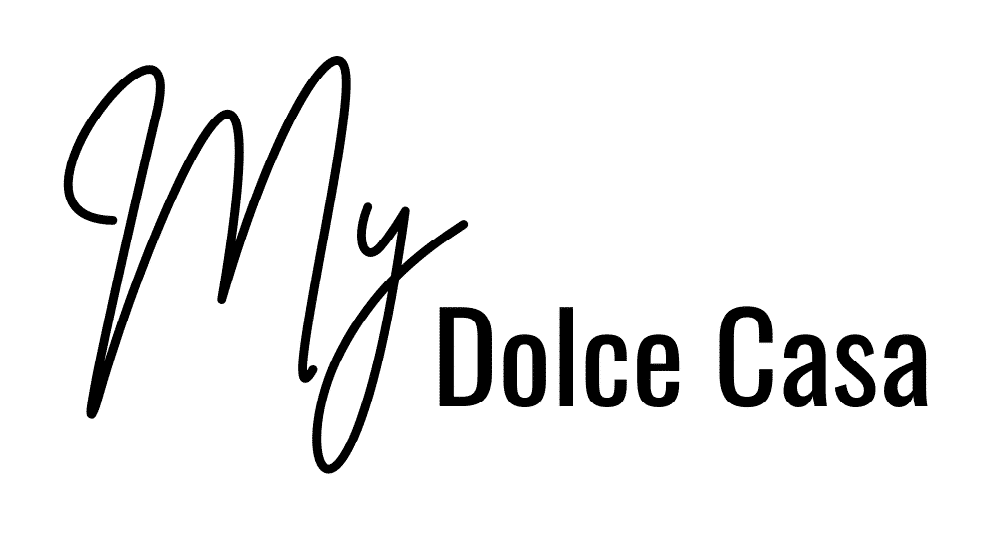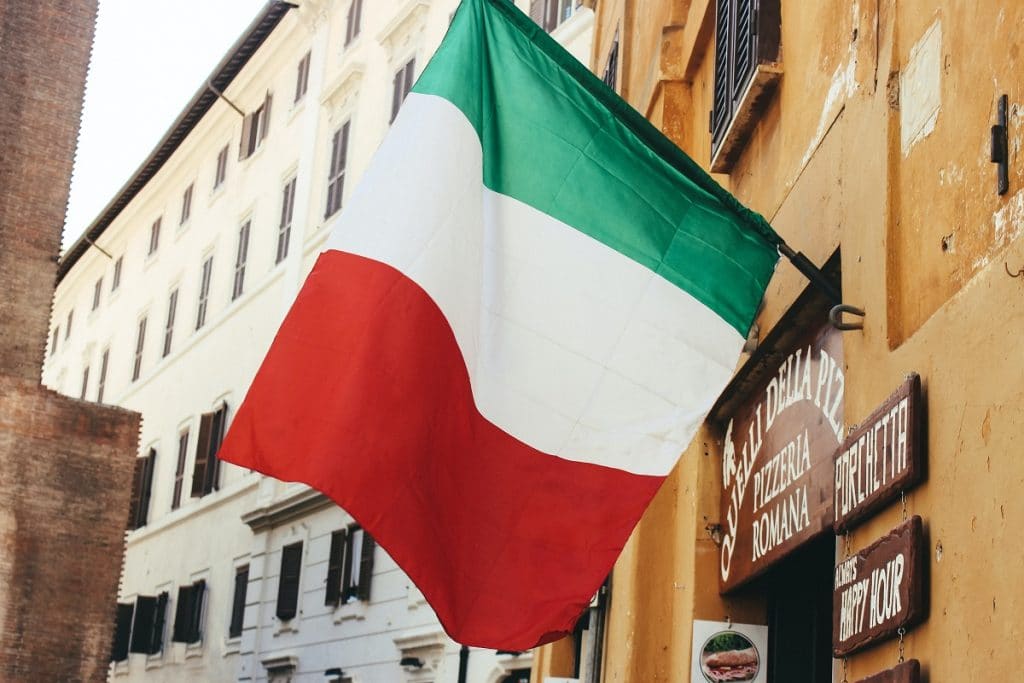If you’re interested in moving to Italy for work or to settle into your golden years for retirement, you may be curious about health insurance in Italy. The Italian healthcare system is designed to cover every legal citizen, but does that still apply to expats who moved to live in the country?
We’ll dive into Italy’s medical system, your health insurance options, and more. From deciphering the national health system to enrolling in health insurance plans tailored for expatriates, we’ll ensure you’re covered.
How does Italy’s health care coverage work?
Medical care in Italy is free for Italian citizens. EU citizens and permanent residents are all covered under Italy’s socialized healthcare system called the Servizio Sanitario Nazionale (SSN). It covers various services like doctor visits, hospital stays, surgeries, prescriptions, and preventative care.
However, the coverage you get only applies to the public hospitals the Italian government funds. If you opt for a private hospital, which generally offers higher-quality services, the fees are either partially covered or not covered at all.
Some Italian citizens choose to get additional health insurance coverage that helps pay fees for private hospitals. Additionally, jobs may offer private health insurance and family plans as encouragement.
Unfortunately, regional governments are the ones who manage the SSN, so healthcare quality varies by region. For example, Northern Italy’s larger cities like Milan are especially known for their high-quality hospitals.
The SSN is primarily funded through taxes and social security contributions. Employees and employers contribute to the system through payroll taxes, while the government also allocates funds to support healthcare services.
What does health insurance in Italy cover?
Health care covers a variety of healthcare that is either fully or partially covered.
- General Practitioners (GPs): The first point of contact for most healthcare services is the general practitioner or family doctor (medico di base). You need to choose a specific GP within your local healthcare district, and they will be your primary care provider. The GP plays a gatekeeping role, meaning that they coordinate and refer you to specialists and hospitals when necessary.
- Referrals to Specialists: If your GP determines that you need specialized care, they will provide you with a referral to a specialist or a hospital. This referral is important because it ensures that you receive the appropriate care and that the costs are covered by the SSN.
- Hospitals and Medical Facilities: Italy has a network of public hospitals and medical facilities that provide care to SSN beneficiaries. Most medical services are offered through these public institutions.
- Prescription Medications: The SSN covers a wide range of prescription medications, and you can obtain them at pharmacies by presenting your health insurance card. Some medications might require a small co-payment.
- Emergency Care: Emergency medical care is available to all, regardless of whether you’re registered with the SSN. Hospitals have emergency departments that provide immediate medical attention.
While the SSN covers a significant portion of healthcare costs, there might be some instances where you need to pay a co-payment (ticket) for certain services. Additionally, specific groups of people, such as low-income individuals and children, might be exempt from certain charges.
Do expats have access to the health care network?
Whether the SSN covers you is dependent on a variety of factors, like your visa status. Companies can use several types of work visas to hire foreigners, and if they last more than 90 days, then you’ll be eligible to apply for SSN.
As an expat living in Italy or simply a visitor, you’ll always be taken care of if you have an unfortunate injury or health issue. However, you will be required to pay for your services if your insurance from your home country doesn’t apply abroad. The safest way to go is to obtain a private health insurance policy for the duration of your stay in Italy.
Though healthcare and insurance in Italy are generally much cheaper than healthcare in places like the United States, you still can get a sizable bill from emergency healthcare services, and oftentimes, countries will hold your passport until you pay the medical bills.
You should also be aware that public hospitals are pretty crowded, so you may have to wait for long periods of time if you aren’t experiencing an emergency. Also, the public hospitals probably woun’t have many English-speaking doctors, nurses, or technicians, so many expats end up going to private hospitals.
How do I apply for the SSN?
When you become a legal resident in Italy, you are required to register with the SSN. Registration allows you to obtain a health insurance card, known as the “Tessera Sanitaria,” which serves as proof of your entitlement to healthcare services.
You are legally obligated to register for the SSN if you live in Italy for 90 days in a year. The registration is free for the following people:
- If you have a work agreement
- Are legally self-employed and living in the country
- Are a related to someone already registered
- Have an Italian citizen that is a family member
- Have official Italian citizenship for five or more years
If you are eligile for the SSN, you can apply at a local health authority, or Azienda Sanita Locale. Like all beaurocratic processes in Italy, this will require a lot of paperwork and official documents. You’ll need to bring:
- Codice fiscale
- Residence permit (visa or other)
- Official identification
- Proof of employment
Some health authorities require you to choose a pediatrician or family doctor, so it’s a good idea to have one picked out so you don’t have to make multiple trips. After you’re done with the paperwork, you’ll get an official SSN card. Unfortunately, these cards need to be renewed every year.
If the Italian system does not insure me, what should I do?
Suppose the Italian national healthcare system does not cover you, whether you’re a foreign visitor or an expatriate who isn’t eligible for the SSN. In that case, you should still take essential steps to ensure you have access to healthcare services during your stay in Italy.
Here’s some options you have:
- Private Health Insurance: Private health insurance can cover medical expenses that might not be included in the public healthcare system and can provide you with more comprehensive coverage, including faster access to specialists and elective procedures. Many countries offer private insurance if you can’t apply for the SNN.
- Emergency Medical Care: Even if you don’t have health insurance, you’ll still have access to emergency medical care in Italy. In case of a medical emergency, you can go to the nearest hospital’s emergency department for immediate treatment.
- Pay for Services: If you need non-emergency medical services and don’t have health insurance, you will likely need to pay for the services out of pocket. This includes doctor visits, prescription medications, and non-urgent medical procedures.
- Clinics and Private Practices: Consider visiting private clinics or medical practices for non-emergency healthcare needs. While private care comes with a cost, it can offer quicker appointments and a higher level of personalized attention. There are also cheap and free options available, though these are rare and often don’t give the highest-quality of service.
- Travel Insurance: If you’re a temporary visitor, travel insurance might be an option to cover unexpected medical expenses during your stay in Italy. Check the terms and coverage of the travel insurance policy to understand what medical services are included.
Final thoughts
Whether you’re traveling to Italy for a quick visit or plan on spending the rest of your life in the country, quality healthcare is essential. As an expat, you have a wide variety of options for health insurance in Italy.




